Catherine McAuley College in Medowie is making history not only as the Hunter’s newest high school but for encouraging a new way of thinking about teaching and learning.
In 2021, the college opened to 300 eager students in Year 7 and 8 and will transition an additional year group each year until reaching a capacity of up to 1,200 students in 2025. This major project has received $15.1 million total funding from the NSW Government over three grant rounds.
The college is the first in the Maitland-Newcastle Diocese to be designed with full campus-wide Wi-Fi connectivity, supporting both indoor and outdoor learning environments.
Learning environments are future focused with an emphasis on flexibility and agility. Students are supported by stimulating, comfortable learner-centred environments that enable collaboration, communication and deep engagement.
Director of Catholic Schools Maitland-Newcastle, Gerard Mowbray said: “Catherine McAuley College is designed to engage students and staff in the ecology surrounding the site. The Catholic Diocese is investing record funding in school design and infrastructure, with the primary purpose of transcending students’ learning experience.”
Facilities have been designed with the principles of stewardship of creation and sustainability in mind. This has greatly influenced the footprint and choice of materials used in the buildings to complement the school’s bushland setting.
The school draws 100 per cent of its electricity from renewable sources and has implemented a broad range of energy efficient measures including low artificial lighting, the use of LED lights, timers on lights and occupancy sensors and rainwater for irrigation and toilets.
Catholic Diocese of Maitland-Newcastle Chief Executive Sean Scanlon said: “Green energy is a key part of our sustainability journey and we calculated it would reduce carbon emissions by about 400 tonnes over 12 months.
Foundation Principal Scott Donohoe said: “We’re built on a greenfield site and it’s important for our community and students and families to know that we use practices that are sustainable. It sends a strong message to the community we’re playing our part in tackling climate change.”
Construction will continue in stages over eight years to meet future demand in the region. Once completed in 2025, the campus will cater to children of all ages with an early education learning centre, primary school, high school and chapel.
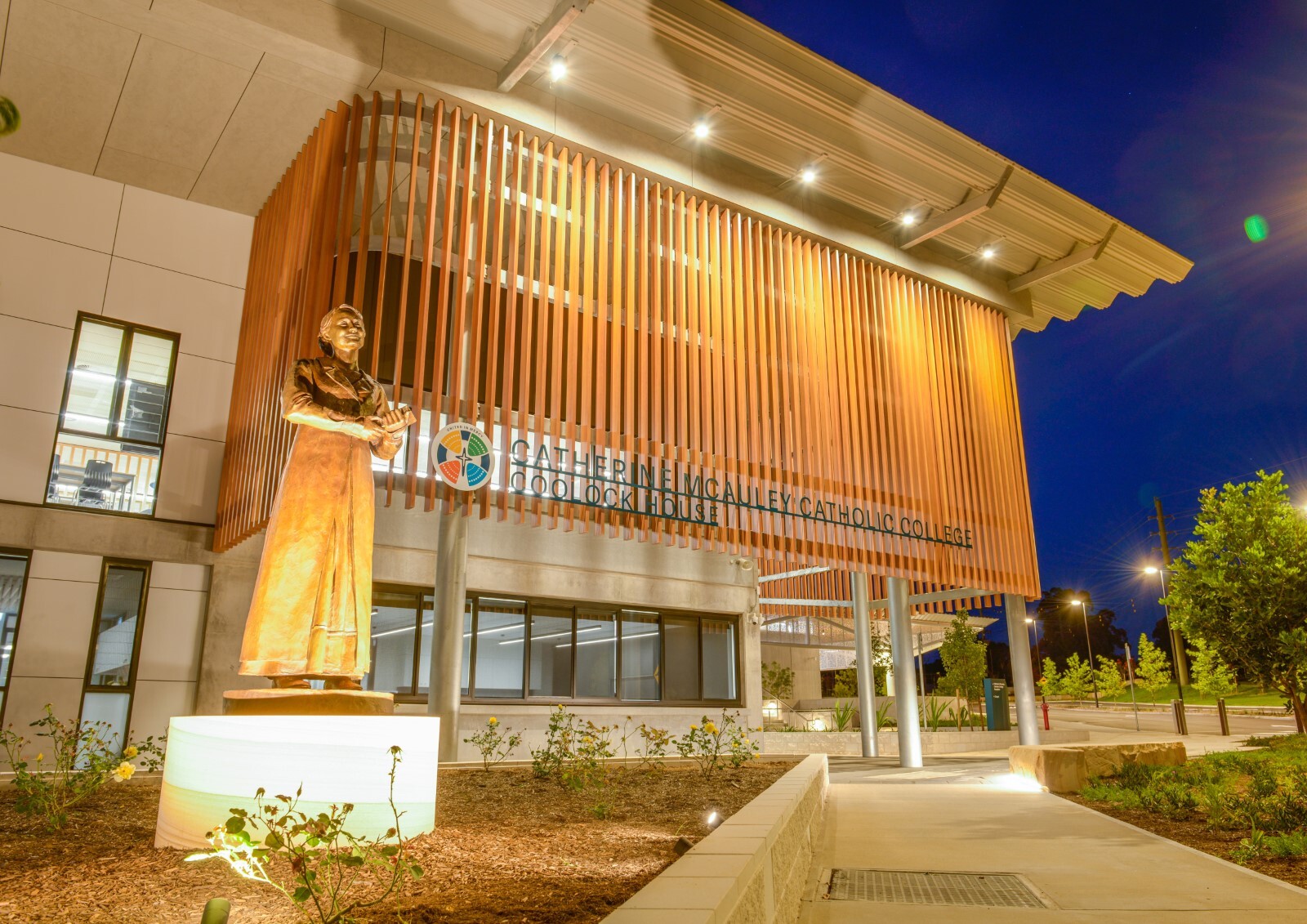
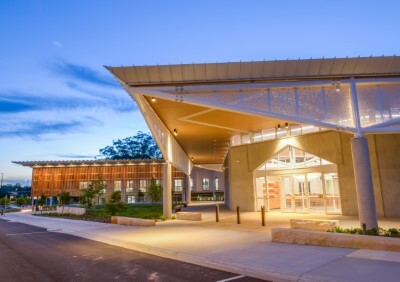
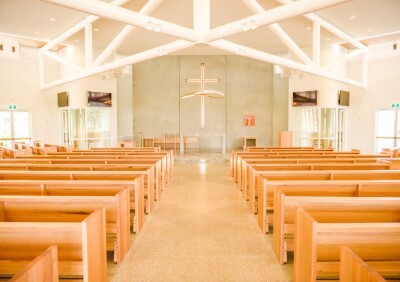
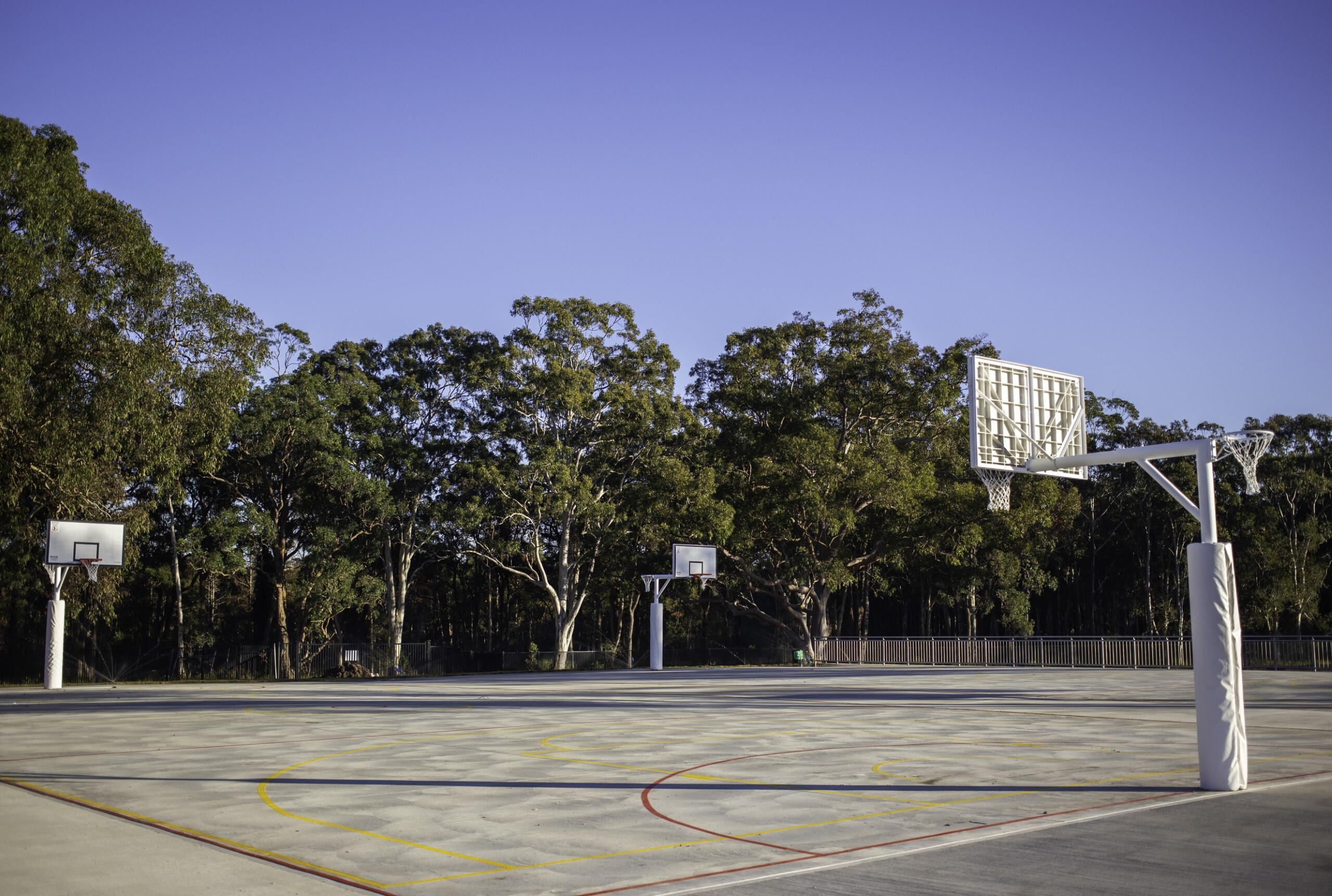
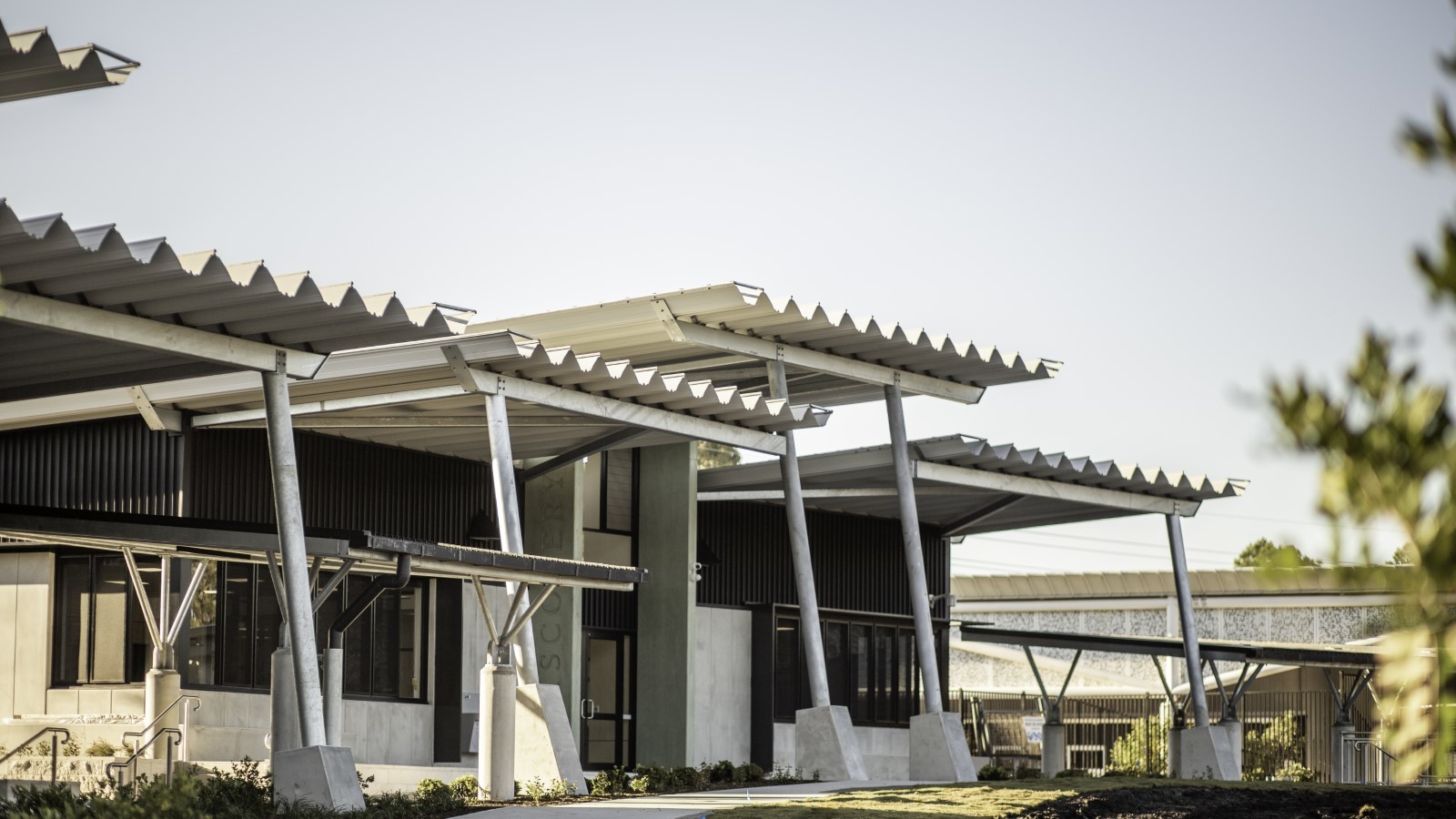
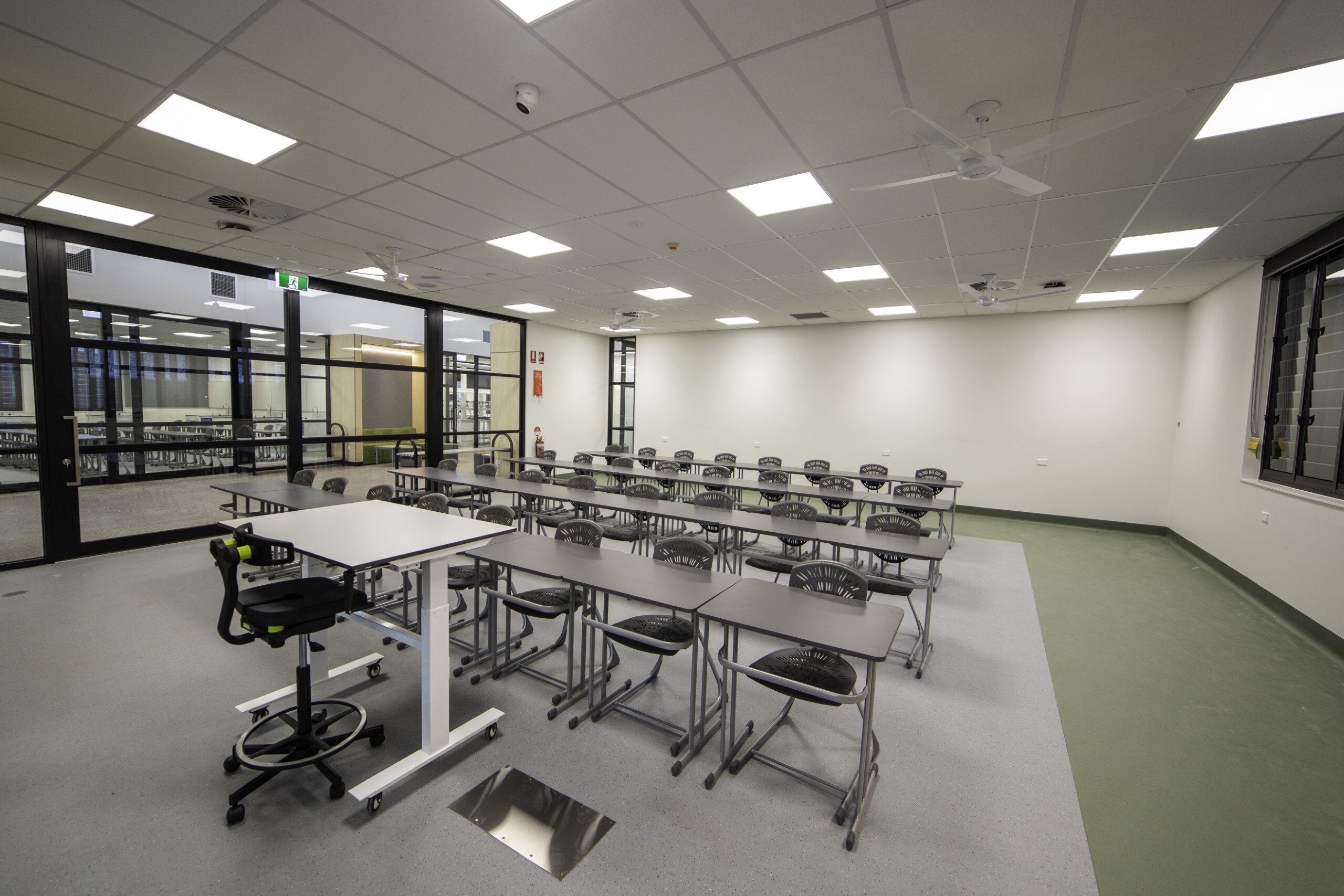
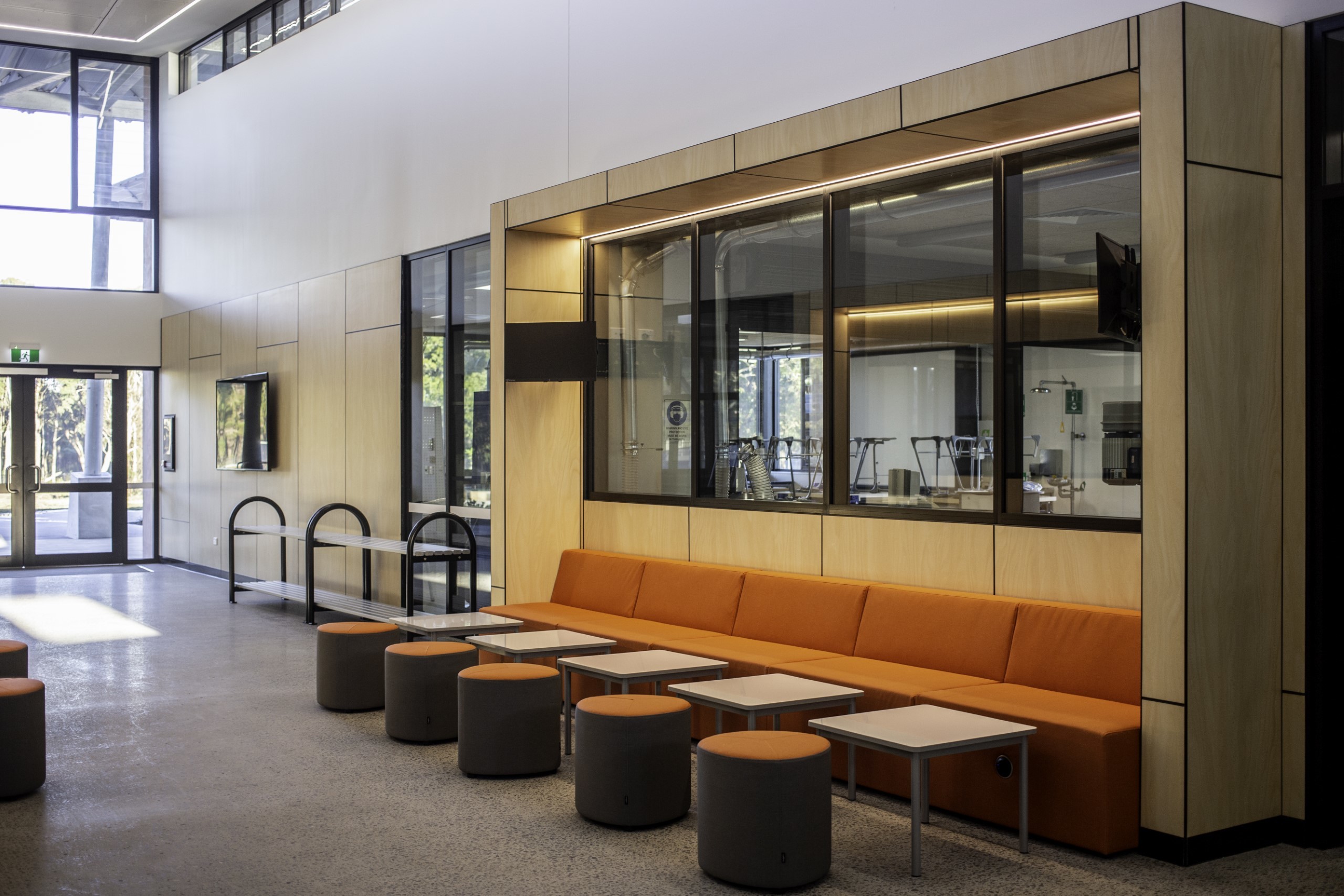



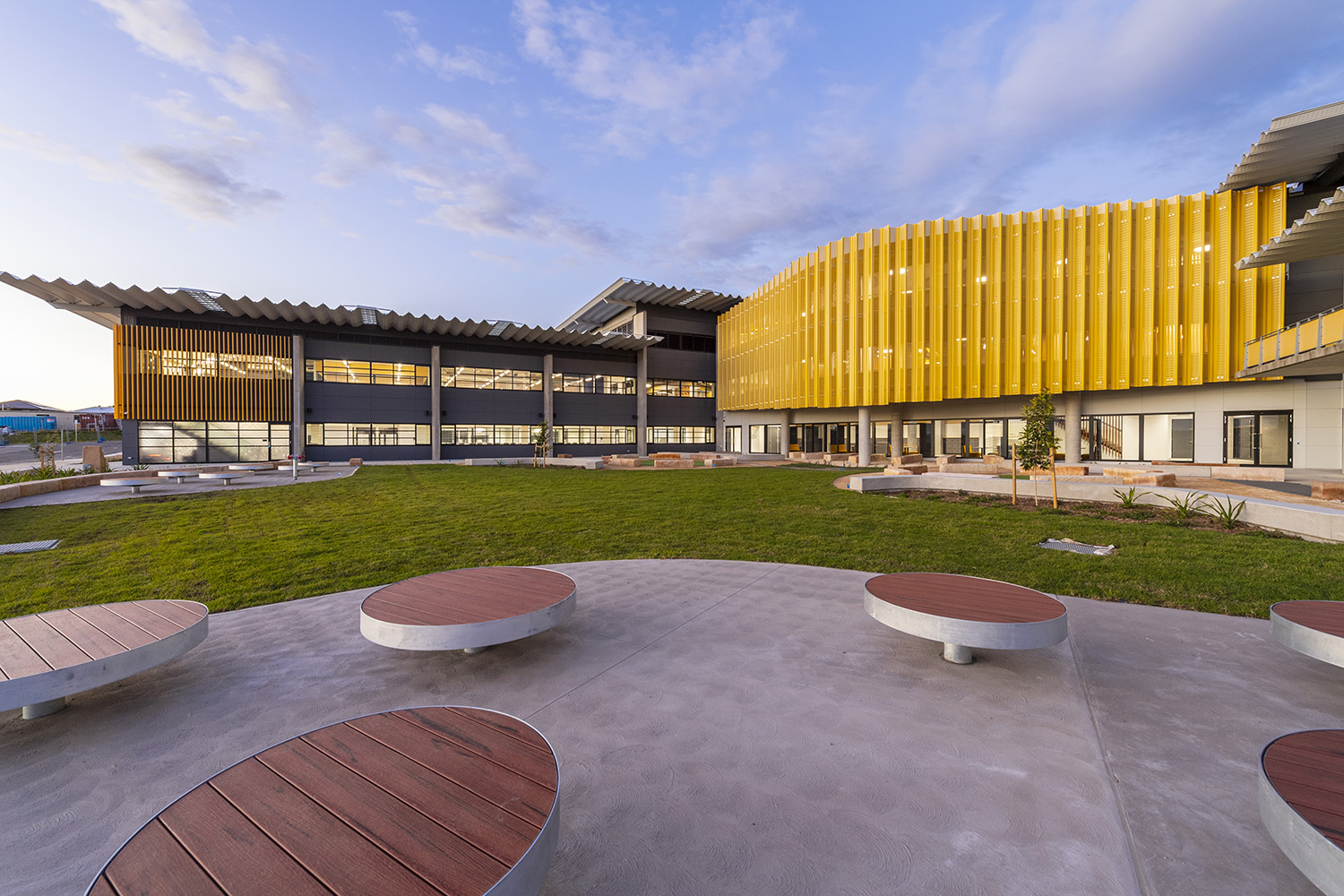
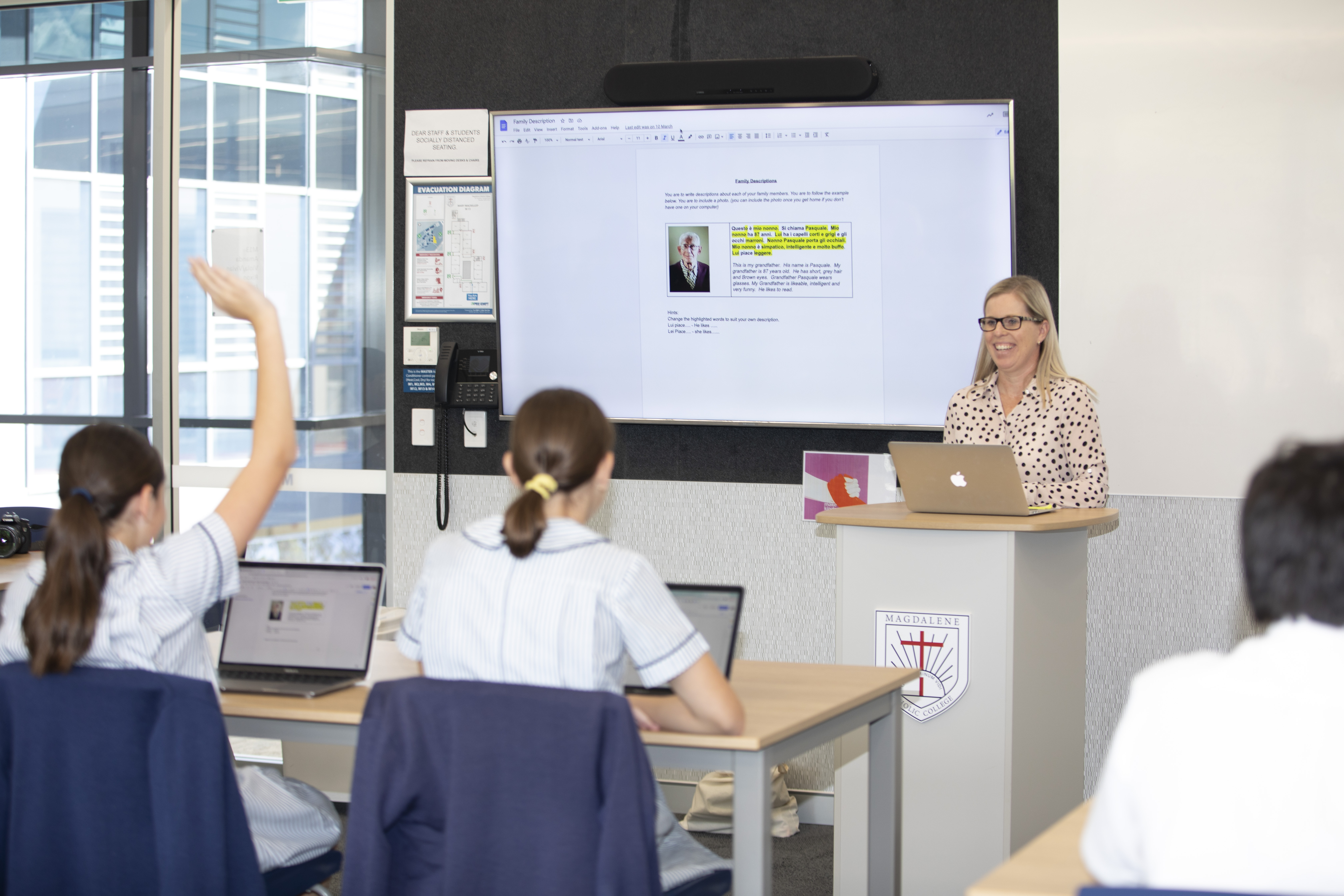
 2024 | Catholic Schools NSW
2024 | Catholic Schools NSW